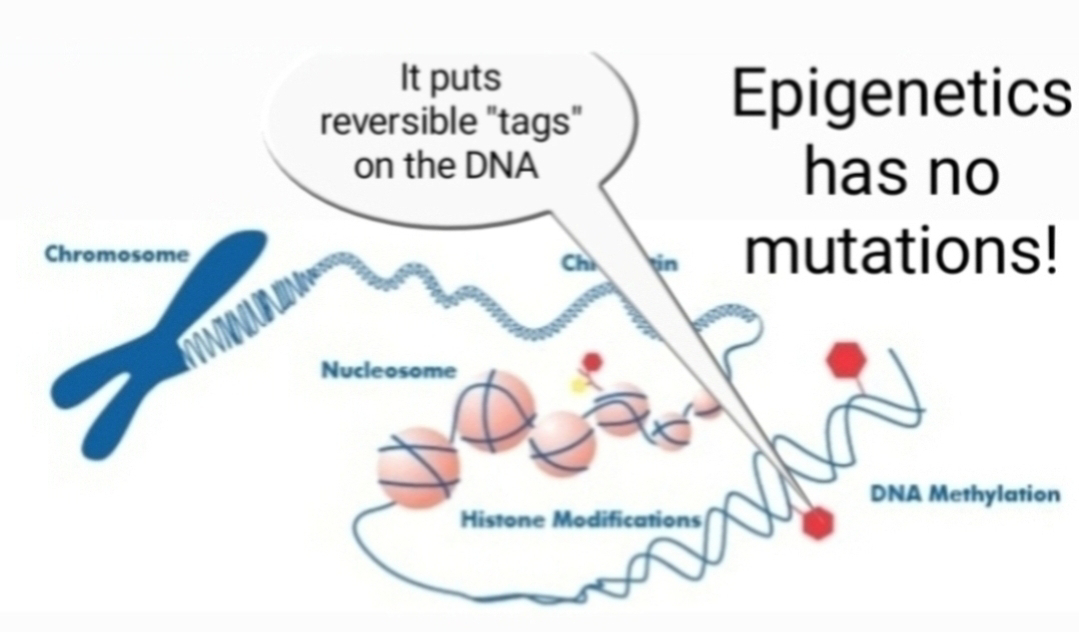A Calculation of the Probability of Spontaneous Biogenesis by Information Theory- Hubert Yockey
Hubert Yockey's 1977 paper , " A Calculation of the Probability of Spontaneous Biogenesis by Information Theory," is a thought-provoking exploration into the likelihood of life arising from non-living matter purely through random chance. Yockey leverages information theory to quantify the improbable nature of spontaneous assembly of even a basic biological entity, such as an enzyme. Central to Yockey's argument is the information content inherent in biomolecules, particularly proteins. Proteins are intricate chains of amino acids responsible for various cellular functions. The specific sequence of amino acids dictates a protein's form and function, analogous to a long string of letters conveying a specific message. Yockey applies information theory, which measures information as the number of possibilities or choices, to estimate the odds of a functional protein arising by chance. He calculates the astronomical improbability of randomly assembling a protein with...

